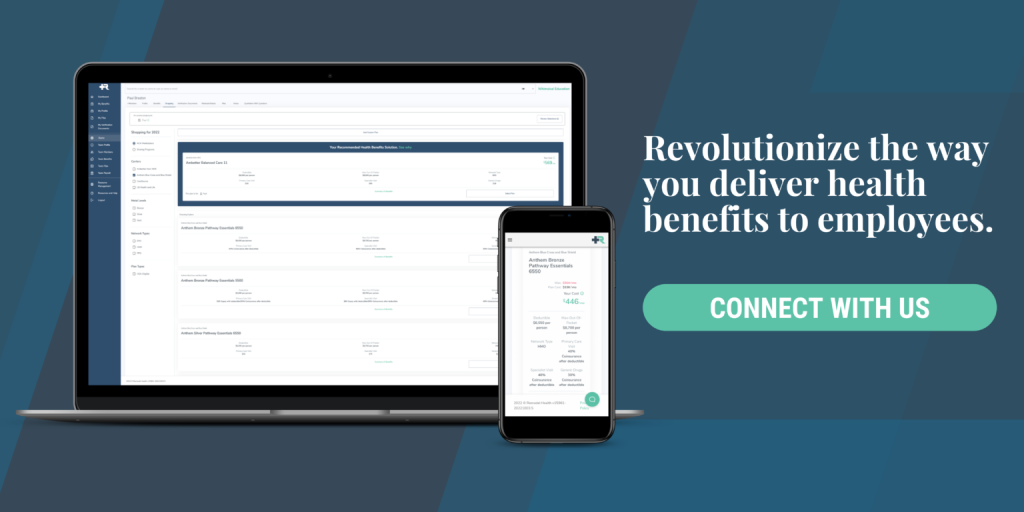
If you’re offering an Individual Coverage Health Reimbursement Arrangement (ICHRA) to your employees, it’s essential to understand the potential consequences of non-compliance with ICHRA regulations.
In today’s blog post, we’ll examine the risks associated with non-compliance and discuss how to avoid potential pitfalls. If you’re new to ICHRA, check out our ICHRA Guide!
Ready to dive into the world of ICHRA compliance? Let’s explore the consequences of non-compliance and how to stay on the right side of the regulations.
1. Financial Penalties
Non-compliance with ICHRA regulations can result in financial penalties for your organization. If your ICHRA plan does not meet the affordability requirements under the Affordable Care Act (ACA), you may be subject to the Employer Shared Responsibility Payment (ESRP). The ESRP can be quite costly, with penalties reaching thousands of dollars per employee.
2. Loss of Tax Benefits
If your ICHRA plan fails to comply with the Internal Revenue Service (IRS) regulations, your organization may lose the tax benefits associated with offering a compliant ICHRA. This includes the tax deductibility of employer contributions and exclusion from payroll taxes.
3. Employee Dissatisfaction
Non-compliant ICHRA plans can lead to employee dissatisfaction and erode trust in your organization’s healthcare offerings. Employees who are negatively affected by non-compliant ICHRA plans may seek alternative employment or become disengaged, ultimately impacting your organization’s productivity and success.
4. Legal Consequences
Failing to comply with ICHRA regulations can expose your organization to legal consequences, including potential lawsuits from employees or regulatory enforcement actions from government agencies. Legal disputes can be time-consuming, costly, and damaging to your organization’s reputation.

How to Ensure ICHRA Compliance
To avoid the consequences of non-compliance with ICHRA regulations, follow these best practices:
Stay informed: Keep up to date with the latest ICHRA regulations, guidance, and best practices to ensure your plan remains compliant.
Consult with experts: Work with qualified benefits consultants or legal advisors to help you navigate the complexities of ICHRA compliance.
Monitor and adjust: Regularly review your ICHRA plan to ensure it continues to meet affordability requirements and other compliance standards. Make adjustments as needed to maintain compliance.
Understanding the consequences of non-compliance with ICHRA regulations is essential for employers looking to provide flexible and cost-effective healthcare benefits.
By staying informed, seeking expert advice, and proactively monitoring your ICHRA plan, you can avoid potential pitfalls and ensure a successful, compliant healthcare offering for your organization.
Talk to a Remodel Health benefits expert to see if our ICHRA products are a good fit for you!

Important Notice: Remodel Health does not intend to provide specific insurance, legal, or tax advice. Remodel Health always recommends consulting with your own professional representation to properly evaluate the information presented and its appropriate application to your particular situation.
